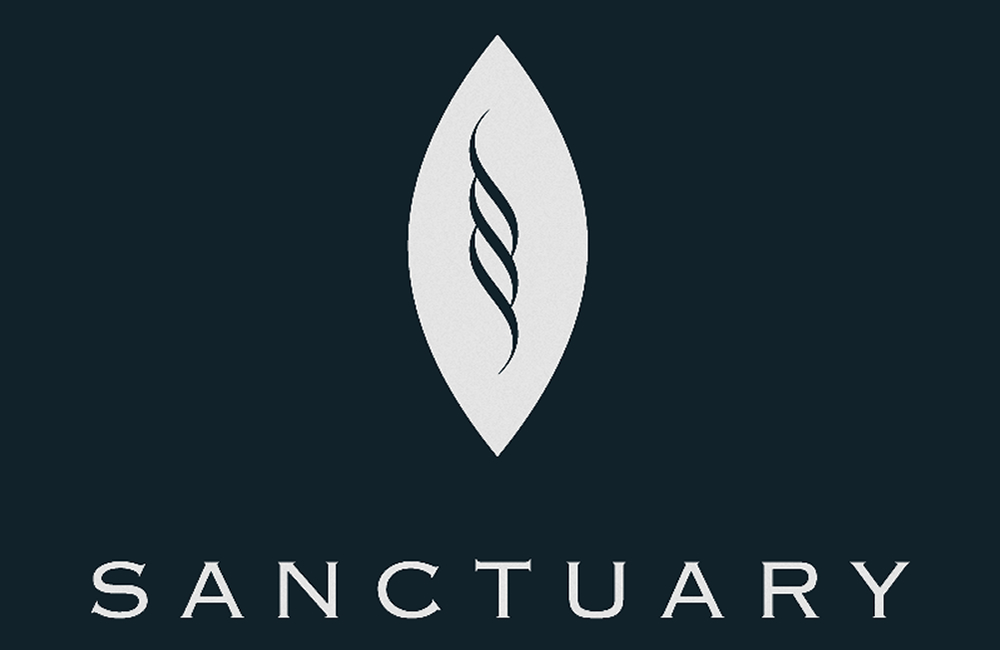Last month saw the government of the Central African Republic overthrown by rebels and the state has now become lawless. Rebels groups have reportedly joined up with Sudanese poachers and elephants are facing a crisis. Conservation groups World Wildlife Fund (WWF) and World Conservation Society (WCS) have today released a joint statement calling for immediate action to tackle the problem.
Elephant meat is openly on sale in the markets and villages around the World Heritage Site of Dzanga-Sangha protected area. Many of the park rangers have fled the area because of the dangers as rebel groups take control. The WWF have pulled many of their staff out of the park after a series of armed raids on their offices. Some rangers and WWF staff have stayed behind to try and protect key areas despite the dangers to their lives.
Bas Huijbregts, head of policy for WWF’s campaign against poaching in Central Africa, said it’s impossible to know for sure how many elephants have been killed because patrols have been suspended in the area.
“Given the total absence of any type of law enforcement and rule of law in the area, there is elephant meat all over the place,” he said. Heroic rangers are standing firm in the face of immense danger, but they alone cannot safeguard the special species and places the world treasures.
Despite patrols being severely restricted since the coup on 24th March it’s known that at least 40 elephants have been killed in or around the World Heritage Site. The rebel group behind the overthrow of the country are the Seleka and they are known to have joined forces with the Sudanese poachers who regularly target central African elephants.
Next week sees a regional meeting of African countries to discuss ways of tackling elephant poaching the is rife across the region.
Jim Leape, WWF Director General said, “The elephant poaching crisis – driven by insatiable ivory demand – is so severe that no area is safe, not even the World Heritage Site Dzanga-Sangha where both WWF and WCS have now worked for the conservation of elephants for decades. Heroic rangers are standing firm in the face of immense danger, but they alone cannot safeguard the special species and places the world treasures. When meeting next week, Central African governments must urgently join forces against this criminal activity that is also threatening the stability and economic development of their countries. I encourage them in the strongest terms to take a stand against wildlife crime and together declare that poaching and illicit trafficking will not be tolerated.”
Cristian Samper, WCS President and CEO said, “Together, WCS and WWF, are calling on the Central African Republic government to immediately increase security in the region to protect these elephants from poachers and is asking other regional governments to provide assistance to stop the killing. Our staffs have been forced to evacuate in the chaos. I recently visited CAR and saw first-hand that without a full-time conservation presence in the region, these elephants are in jeopardy from poachers. WCS and our partners will continue to work tirelessly to protect elephants across their range.”
